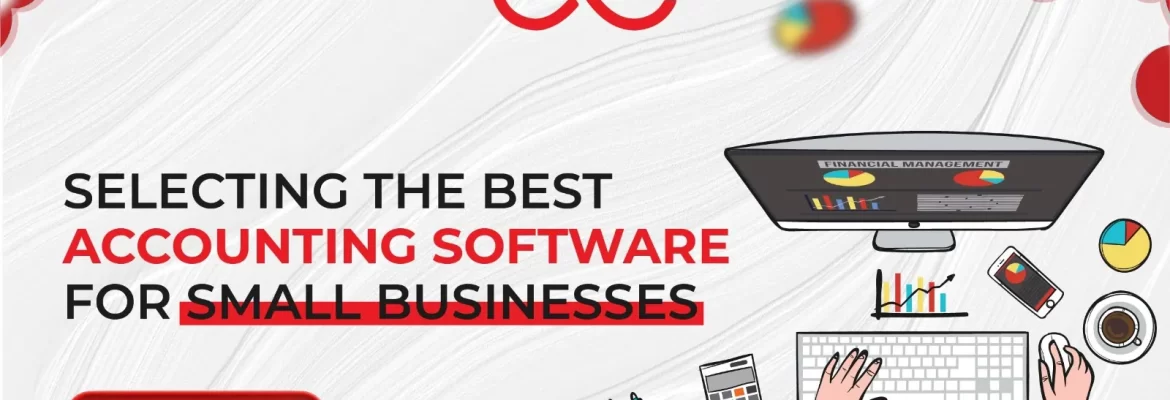As a business proprietor, it is critical for your success that your finances be in excellent shape. With all your time taken up managing clients, refining your merchandise, and keeping your business afloat, accounting programs traditionally take a backseat. Still, being well aware of your financial situation is paramount in making well-educated business and growth-related […]



